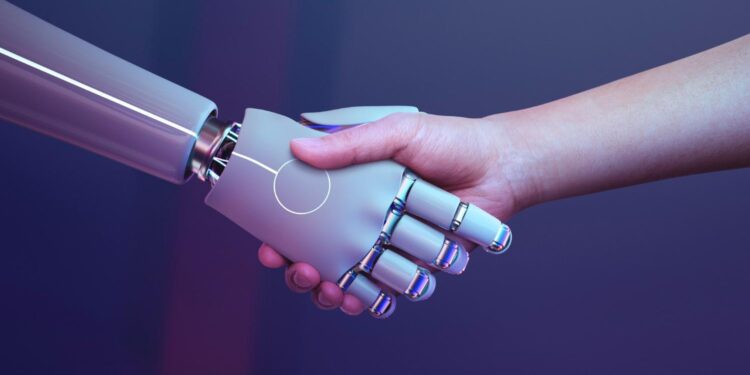Unlike in the past, artificial intelligence is now a reality and not just something that will happen in the future. AI models write scripts, music, and code, and chatbots handle customer service. The technology is spreading to all parts of life and changing what people expect from machines. What will happen, though, when this growth continues for another ten years? In the year 2035, what does AI look like? Is it faster, smarter, and maybe a little too real?
What we can learn from how other digital spaces are changing is one clue. The growing demand for anonymity, for example, is shaping industries far outside tech, like the rising appeal of a no KYC casino where users avoid verification and stay unseen. In much the same way, AI development may have to wrestle with the tension between personalization and privacy, knowing more while asking less.
Smarter systems, faster decisions
Ten years from now, AI won’t just offer suggestions or analysis. It will act—deciding in real time, reacting to changing conditions, possibly without human confirmation. Self-driving vehicles might become fully autonomous, adjusting to traffic or weather without oversight. Smart cities could reroute energy, water, and transport systems without people noticing the switches behind the scenes.
Healthcare, too, will likely shift. Diagnoses made by AI could arrive faster than lab results, identifying patterns in medical data invisible to even the sharpest specialists. The question won’t be about the tech’s ability—it’ll be about trust.
The human-AI balance: Will it tilt?
AI won’t stay in the office or the factory. It’s creeping into homes, into personal lives, into quiet moments when no one notices. Emotional AI companions—chatbots designed for conversation, support, even friendship—may become common. Loneliness might find an unusual cure in digital form.
 But does that mean people trust machines with their feelings? Maybe not yet. In ten years, that line between human and helpful program could blur beyond recognition—or snap back with public resistance.
But does that mean people trust machines with their feelings? Maybe not yet. In ten years, that line between human and helpful program could blur beyond recognition—or snap back with public resistance.
AI in work and creativity: helper or replacement?
No profession will escape the change. Writers, designers, architects, coders—AI is already part of their toolkit. In 2035, it could handle entire projects, with humans stepping in only to review or adjust the results. Efficiency will soar. So will the risk of creative flattening, where everything feels produced by the same invisible machine hand.
Some will embrace it. Some won’t. But AI-created books, films, music, and games will likely flood the market, blurring what counts as “human” art.
Privacy, security, and the rise of AI skepticism
The more AI knows, the more people will care about what it collects. Data privacy laws will tighten. User consent will become a battleground. And skepticism—already brewing—will grow. Will AI track habits too closely? Will it shape public opinion without permission? These are the fights waiting just over the horizon.
This push for control may feed other trends, like the demand for online spaces where identity isn’t required, where anonymity matters.
The unknowns: what we can’t predict
Every major tech shift brings surprises no one saw coming. AI ten years ago wasn’t meant to write poetry, diagnose cancer, or pass law exams—but here we are. The next shocks could include AI-generated virtual worlds, new digital senses, or even early forms of artificial general intelligence.
Prediction, however, is never without its inherent dangers. In ten years, people might come up with inventions that no one wants, like military strategy systems, political manipulation tools that use AI, or illegal AI tools that can’t be regulated.
What will happen when these break the rules of international law? Or when smaller countries, new businesses, or bad guys use power that was meant for labs with strict rules? The next big steps in AI might not come from shiny showrooms in Silicon Valley. Instead, they might appear out of the blue, in a form that no one is ready for. It’s not what AI can do that’s uncertain, but who will handle it and why.
A future both bright and blurry
That last one—AGI—is the wildcard. Machines that think, reason, and adapt like humans? It sounds far off. But ten years is a long time in technology. If AGI appears sooner than expected, entire industries—law, education, and defense—could be forced to rethink how they function. Even the concept of “work” itself might change, with humans shifting into roles that manage or collaborate with machine intelligence rather than lead it.
What if AGI comes up with its own goals, or at least acts in ways that seem to be driven by its desires? Would people agree with decisions that are made entirely by minds that aren’t human? Or fight back against what seems like too much digital reach?
These aren’t just questions from science fiction; they’re getting closer as AI gets smarter and more independent. In this future, the lines between human and machine creativity, judgment, and even moral decision-making may become fuzzy. This will start a debate that law, culture, and business are not yet ready to settle.






















































